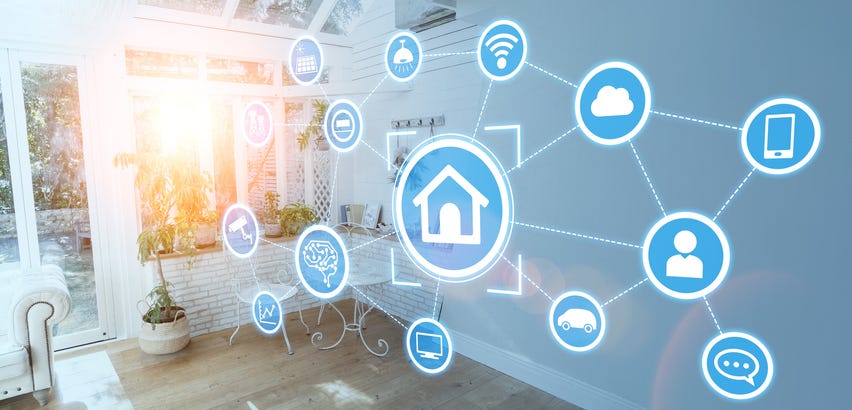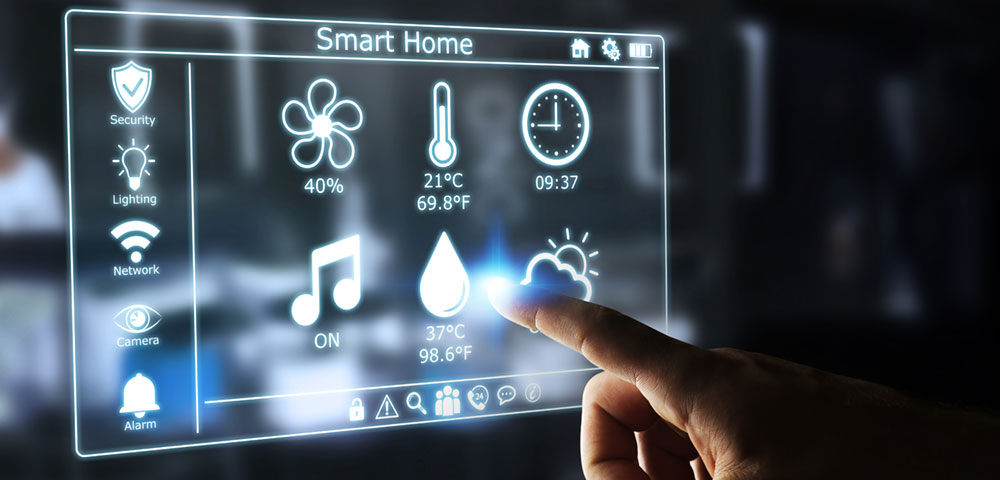
Eco-friendly Solutions for Smart Apartments: Embrace Green Living
Share
In todays digital age, where technology intertwines with daily living, the demand for smarter, more efficient homes is on the rise. Among tech professionals and enthusiasts, the integration of eco-friendly solutions within smart apartments has become a compelling topic. Not only do these innovations promise a reduction in our carbon footprint, but they also pave the way for a sustainable future. Lets delve into how these solutions are reshaping urban living.

The Rise of Smart Apartments
Smart apartments represent the pinnacle of modern living, combining cutting-edge technology with sustainable practices. With the advent of the Internet of Things (IoT), homes have transformed into interconnected ecosystems. These systems allow for seamless communication between devices, promoting energy efficiency and offering a greener lifestyle.
According to a study by IoT Technologies, smart technology in homes can reduce energy consumption by up to 30%. This reduction is not just beneficial for the environment but also significantly lowers utility bills, making it a win-win situation for homeowners.
Green Technology in Action
One of the standout components of eco-friendly smart apartments is the integration of green technology. From energy-efficient lighting to smart thermostats, these devices optimize the use of resources, ensuring minimal wastage. For instance, smart lighting systems adjust intensity based on natural light availability, thus conserving electricity.
Moreover, water conservation technologies are gaining traction. Smart faucets and showers can monitor and control water usage, promoting a sustainable lifestyle. By adopting such systems, residents can contribute to significant water savings, crucial in todays world where water scarcity is a growing concern.
Energy Management Systems
Energy management is at the heart of eco-friendly smart apartments. Advanced systems like smart meters and grids offer real-time insights into energy consumption patterns. This data proves invaluable for homeowners, enabling them to make informed decisions about energy usage.
These systems can be further enhanced by integrating renewable energy sources. Solar panels, for example, can be connected to the homes main grid, providing a renewable source of electricity. As highlighted in the Cost Benefits of Sustainable Automation, such integrations not only promote sustainability but also offer significant cost savings.
Sustainable Living with Home Automation
Home automation plays a pivotal role in promoting sustainable living. Automated systems can control heating, cooling, lighting, and even security, ensuring optimal resource usage. This not only enhances comfort but also ensures that resources are used judiciously.
Moreover, with the rise of AI-driven solutions, these systems can learn and adapt to user preferences, further optimizing energy consumption. For insights on how AI is revolutionizing home automation, you can visit HowStuffWorks.
The Future of Smart Apartments
The future of smart apartments is bright, with technology continuously evolving to offer more sustainable solutions. As we look ahead, it's evident that the integration of smart technology with eco-friendly practices will redefine urban living. With innovations in energy management, water conservation, and home automation, smart apartments are set to become the gold standard for sustainable living.
For tech enthusiasts keen on exploring the latest in green living, the Sustainable Automation for Urban Living offers a deep dive into the latest trends and technologies.

FAQs
What are the benefits of eco-friendly smart apartments?
Eco-friendly smart apartments offer numerous benefits, including reduced energy bills, increased home value, and a lesser carbon footprint. They also provide the convenience of automation, ensuring optimal resource usage.
How do smart thermostats contribute to energy efficiency?
Smart thermostats adjust heating and cooling based on occupancy and weather conditions. By optimizing temperature settings, they significantly reduce energy consumption, leading to cost savings and a reduced environmental impact.
Can smart apartments truly reduce water usage?
Yes, smart faucets and showers can monitor and control water flow, ensuring minimal wastage. By using such systems, residents can contribute to significant water savings.
